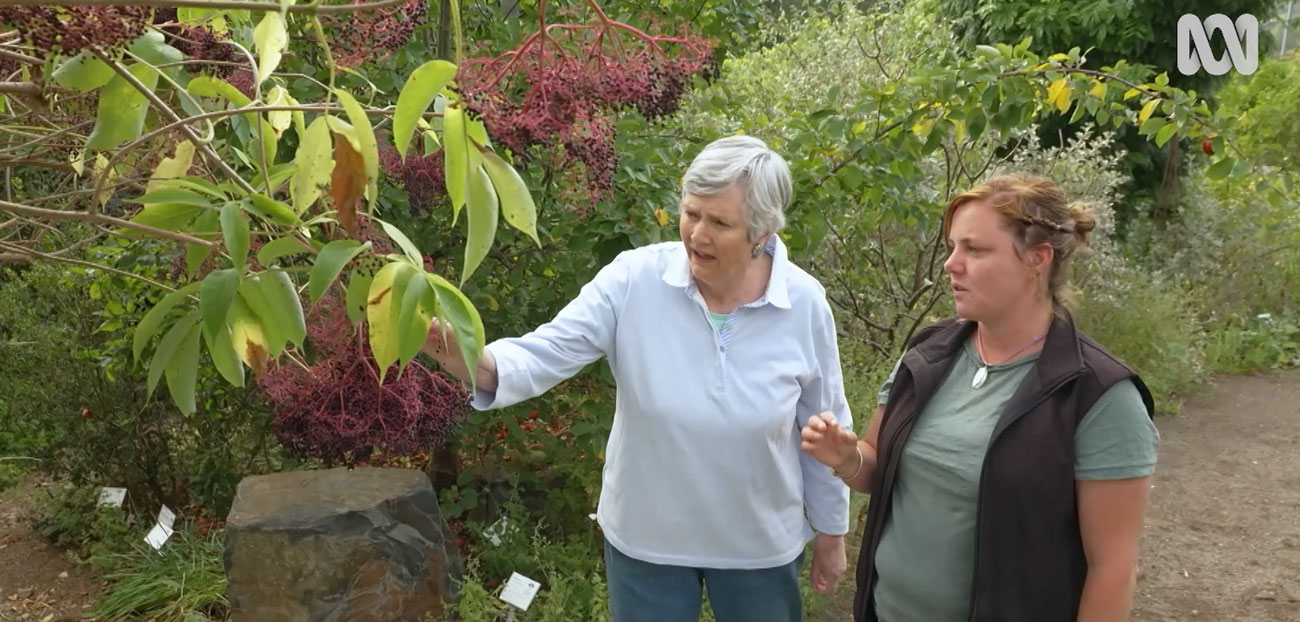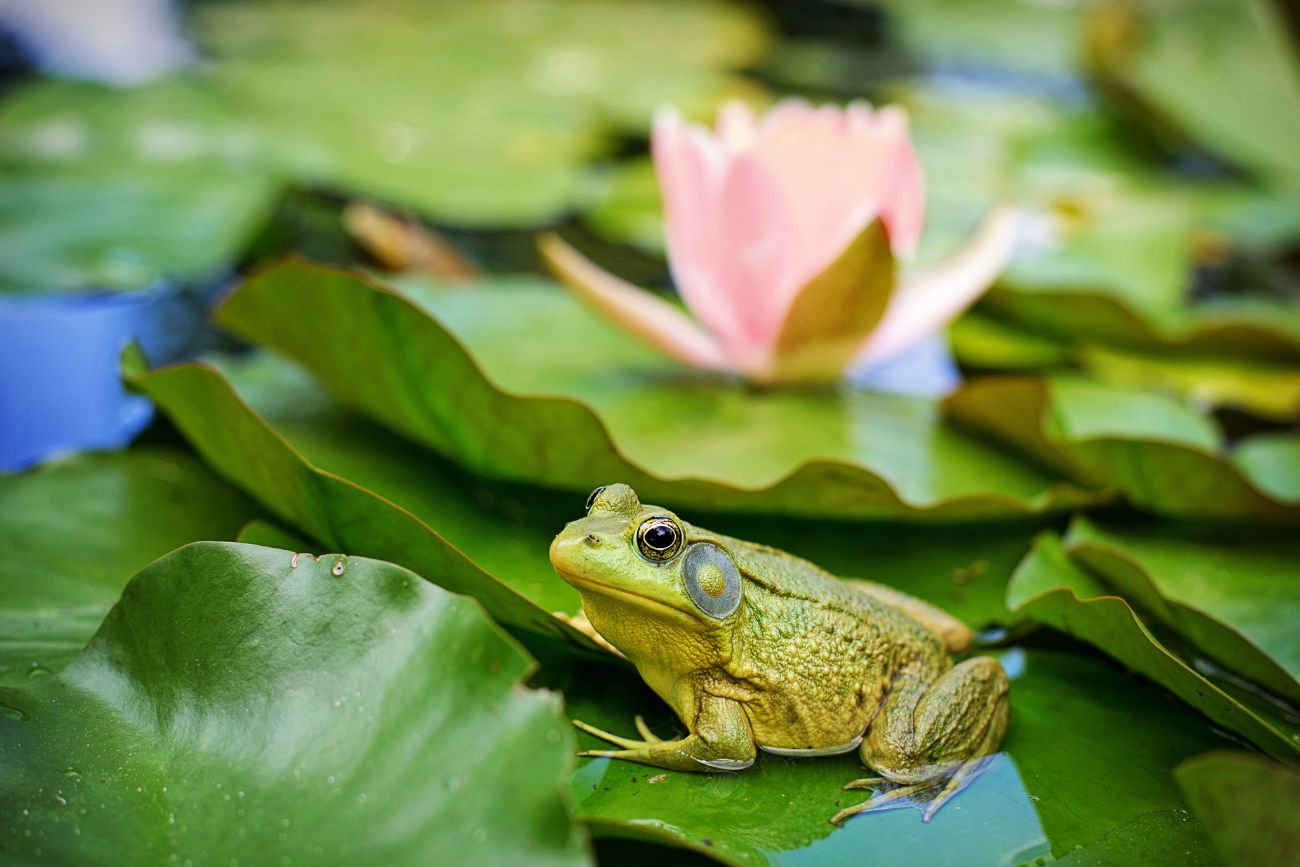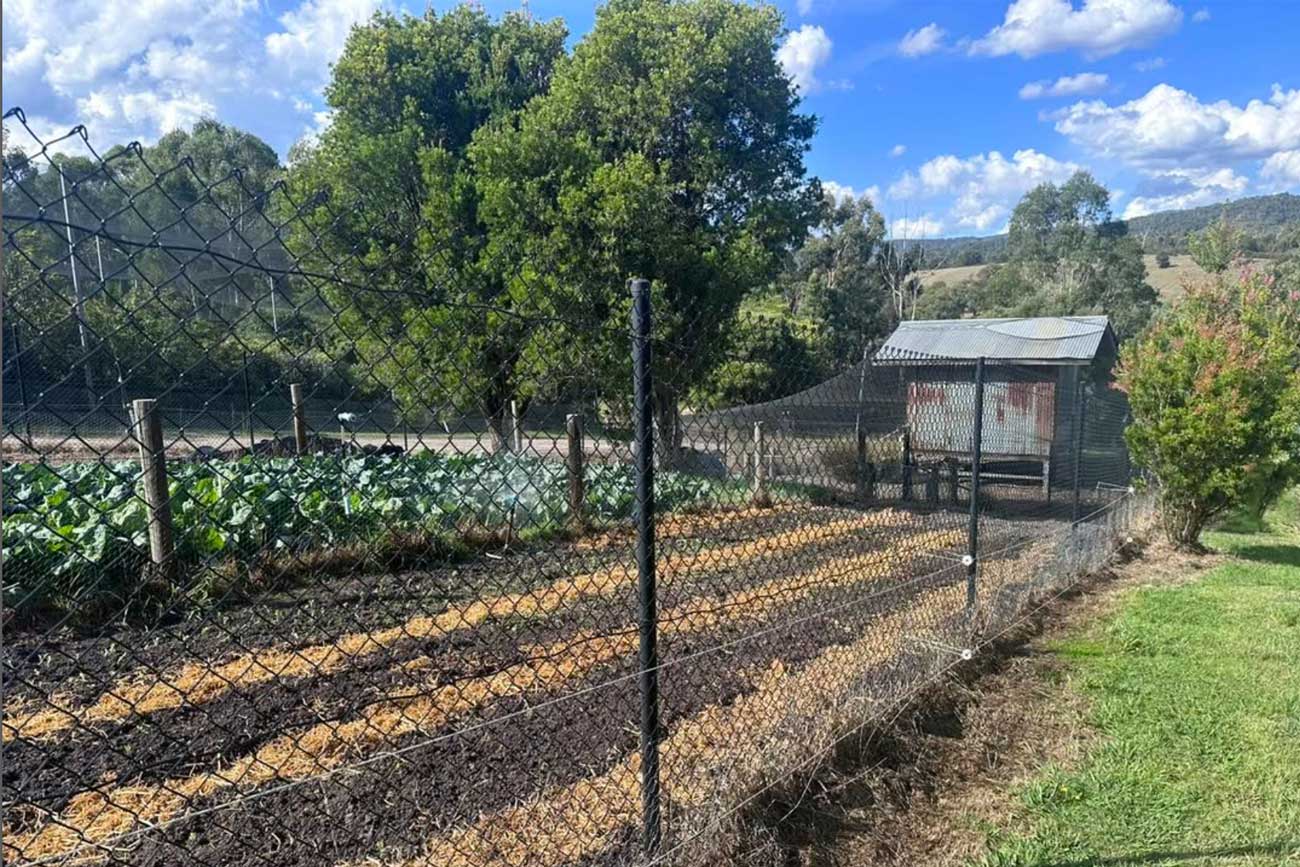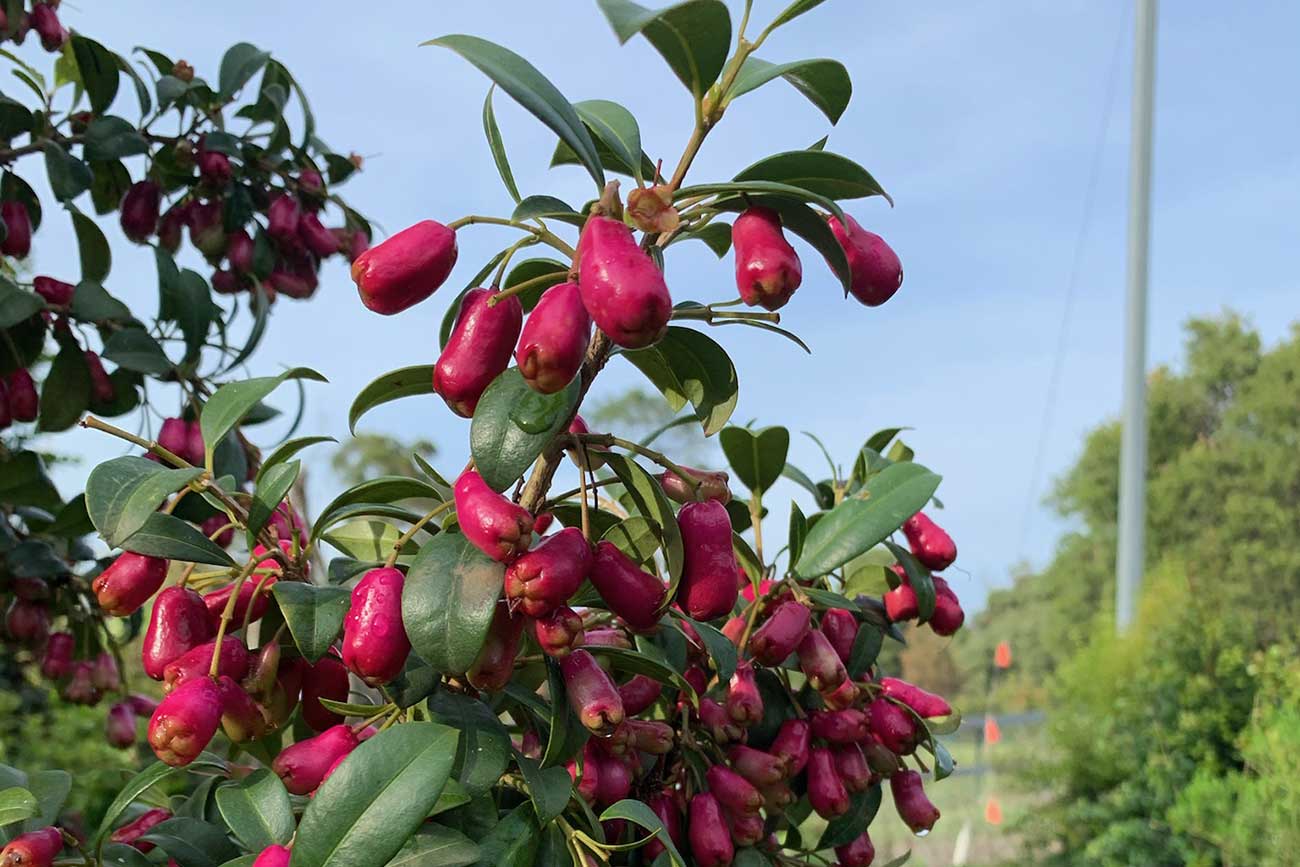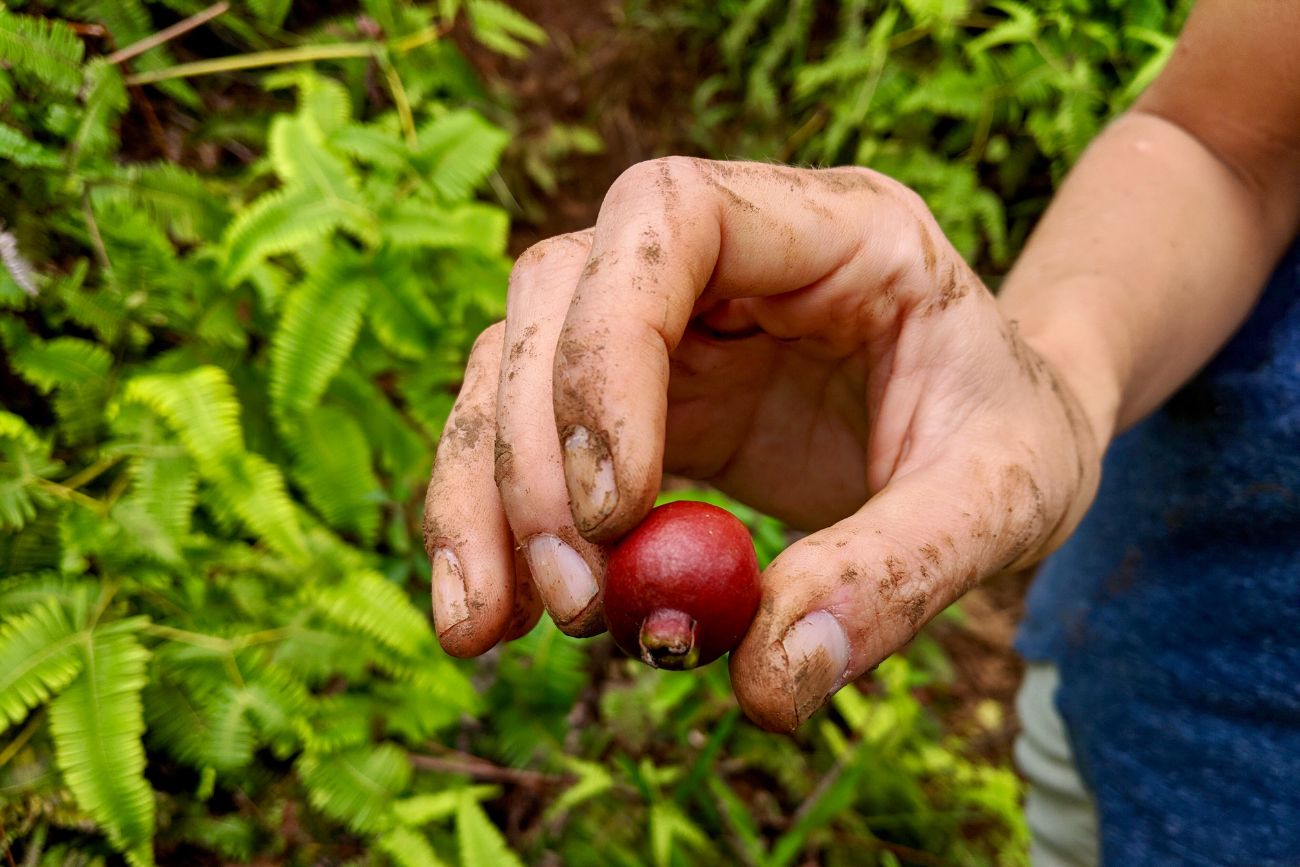From Kitchen Scraps to Garden Gold: Our 8-Year Journey with Worm Farming
At the heart of our permaculture practices lies one of our hardest-working teams – our worms! For eight years, these tiny champions have been transforming kitchen scraps from Yarra Valley Estate’s weddings and conferences into nutrient-rich plant food for our food forest.
The Magic of Our Closed-Loop System
Our industrial-scale worm farm showcases permaculture principles in action. Every scrap of food from the Estate’s events finds its purpose: suitable scraps go to our industrious worms, while the rest nourishes our chickens in the orchard. This system creates a perfect cycle where nothing goes to waste and everything returns to the soil.
Understanding Worm Tea
 The real treasure from our worm farm isn’t just the castings – it’s the liquid gold we call ‘worm tea’. This nutrient-rich liquid is collected from our worm farm, diluted with water, and used throughout our one-acre food forest. Unlike harsh chemical fertilizers, worm tea delivers balanced nutrition that:
The real treasure from our worm farm isn’t just the castings – it’s the liquid gold we call ‘worm tea’. This nutrient-rich liquid is collected from our worm farm, diluted with water, and used throughout our one-acre food forest. Unlike harsh chemical fertilizers, worm tea delivers balanced nutrition that:
- Enriches soil biology
- Improves plant health naturally
- Supports strong root development
- Enhances the soil’s water-holding capacity
Eight Years of Success
Our thriving worm population proves that good systems get better with time. After eight years, our worms continue to process Estate scraps efficiently, creating a sustainable cycle of nutrients that never leaves our property. This closed-loop system embodies what we teach in our permaculture tours – working with nature to create sustainable, regenerative systems.
Starting Your Own Worm Farm
While our industrial-scale system might seem impressive, you don’t need a large setup to reap the benefits of worm farming. Even a small household worm farm can:
- Transform kitchen scraps into valuable fertilizer
- Reduce waste going to landfill
- Create nutrient-rich amendments for your garden
- Teach children about natural cycles
Whether you’re tending to a few pots or dreaming of your own food forest, worm farming offers a practical way to close the loop between kitchen waste and garden abundance. It’s one of many sustainable practices we demonstrate during our educational tours at the Edible Forest.



